News
What's supporting your reputation?

I've lost count of the number of times I've been contacted by Physiotherapy students and new graduates wanting my advice on how to get a job with an elite sporting team.
I know why they seek me out. I've built my reputation working in sport. You don't get to be a team Physiotherapist for the Australian Wallabies for 10 consecutive years without having something to offer the sport and the profession. I applaud their youthful enthusiasm and determination, but my advice is always the same.
To get to the top you need to work at the bottom!
Understanding and managing sports injuries and athletes requires skills that are not taught at University. In my experience, textbook treatment protocols don't always align with real-life injury situations. Having an accurate diagnosis is imperative when formulating a recovery plan. The more exposure you have to athletes in training and competition, the environments where injuries occur, the more accurate you become in recognising the clues to specific injuries and the more accurate your diagnosis skills become.
To be in contention for a coveted job with a high profile sporting team you need to 'bring something to the table' when applying for a position - not an impressive resume of post-graduate or masters qualifications but real life, 'got my hands dirty', on-the-job experience that will bring value to a team and its athletes.
As a qualified Physiotherapist, the specific treatment protocols you develop and use are your intellectual property. The accuracy of your diagnostic skills and the effectiveness of your treatment protocols and exercise prescription determines your value. It's what you 'bring to the table'.
If you're an aspiring Sports Physiotherapist here are my 5 top tips for establishing a strong knowledge base on which to build your reputation and get noticed.
1. Watch, listen and learn
If you are working in a clinic, you are surrounded by information that will help build your knowledge base. Take advantage of it. Listen to as many patient stories as you can, watch the way others treat, make mental notes, be inquisitive, compare your approach to that of your colleagues, constantly seek and accept advice to improve, think laterally and experiment with modalities. The more you learn about how and when injuries occur, the permutations of signs and symptoms of particular injuries and the things that affect a patients ability to reach recovery milestones, the more information you can commit to your personal knowledge base and the more valuable you become.
2. Learn to tape
Understanding both normal and abnormal functional movement is a vital part of effective preventative and corrective strapping. Abnormal movement patterns are also the most common reason for the majority of conditions and injuries treated by Physiotherapists daily.
In the 30+ years I have worked in Rugby I have taped 1000's of ankles, knees, wrists, elbows and shoulders and in doing so have gained an invaluable understanding of normal and abnormal function. The most effective Physiotherapists are experts in functional movement and how to recognise abnormal patterns so they can be corrected. Developing and implementing advanced taping techniques will improve both your clinical treatment outcomes and your value as a sports injury specialist.
3. Volunteer your time
Thousands of junior and amateur sporting teams compete week after week, providing an invaluable training ground for honing diagnostic skills. Pick one (or a couple) and offer your services. If they can't afford you, volunteer your time.
Ask yourself, who's doing who a favour?. Working in amateur sport gives you the opportunity to get close to the action and practice your skills. The more experience you get in the dressing shed, on the sideline, on the field, in recovery, the more experienced you become in understanding the psyche of athletes and the nature of sports injuries. Take advantage of any opportunity that presents itself and go out and make opportunities happen that will help you build your hands-on experience and increase your value to others.
4. Focus on what they can do, not what they can't
It frustrates me to hear that an injured athlete has been told 'you can't do anything for the first 6 or 8 weeks post surgery' but I understand why surgeons give this advice. In my experience it's an issue of trust and their general lack of confidence in Physiotherapists to prescribe an appropriate progression based exercise program.
Of course there are things that an athlete can do to maintain their strength and control during the first phase of injury rehabilitation. As the treating therapist it is vital that you establish a positive mindset in the athlete to ensure they are invested in the recovery/rehabilitation program. Time is of the essence to an athlete if they are to return to play in a physical state equal to or better than when they were injured. No athlete has six weeks to do nothing and nor should they. It is the responsibility of any therapist working with athletes to understand progression based exercise prescription and devise programs that respect post surgical recovery guidelines but ensure that no time is wasted. Maintaining focus on what injured athletes can do helps establish and build your injury protocols, the intellectual property that helps create your value.
5. Build a team
If you want to work in a team environment you have to have experience working in a team!
People often misunderstand this statement. I don't mean involvement in a sporting team. I mean the motivation to seek the advice of others to support your diagnosis, the confidence to recommend the services of others when warranted and the ability to accept advice or criticism in the interest of the athlete or the team.
You can't hide in a team environment and you need the support of others to do your job effectively. Build strong relationships with others to strengthen your ability to receive and disseminate information. The more open and willing you are to share information, the more valuable you become to a team.


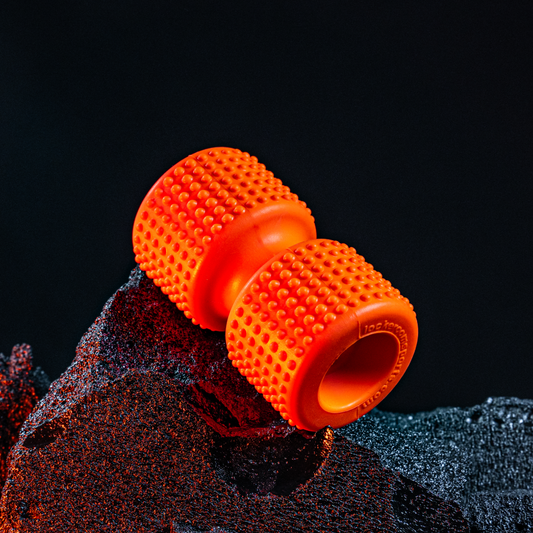


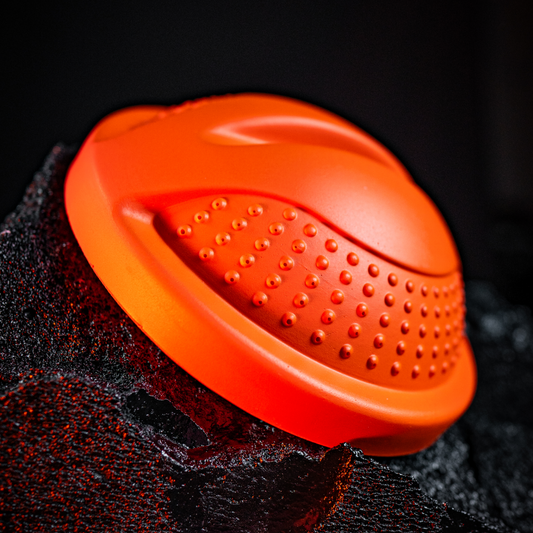

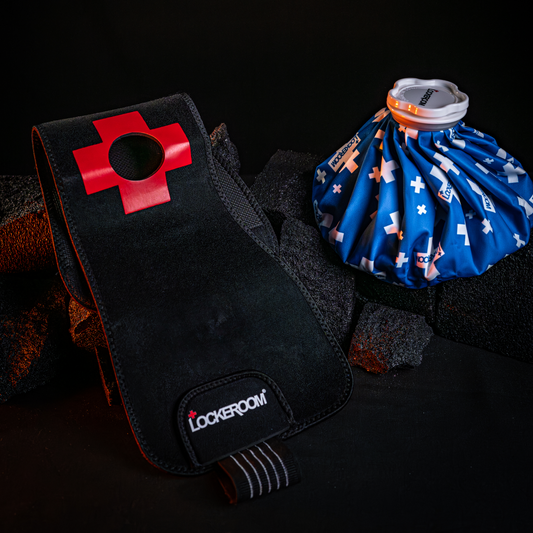




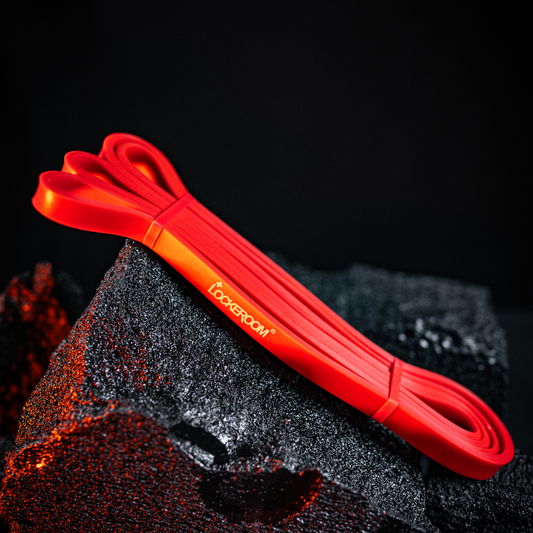
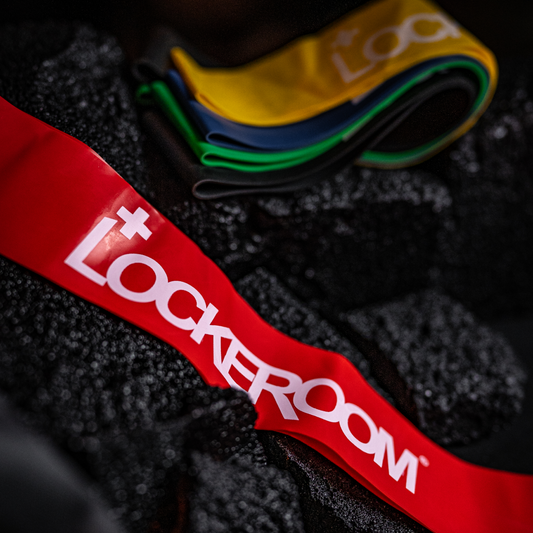
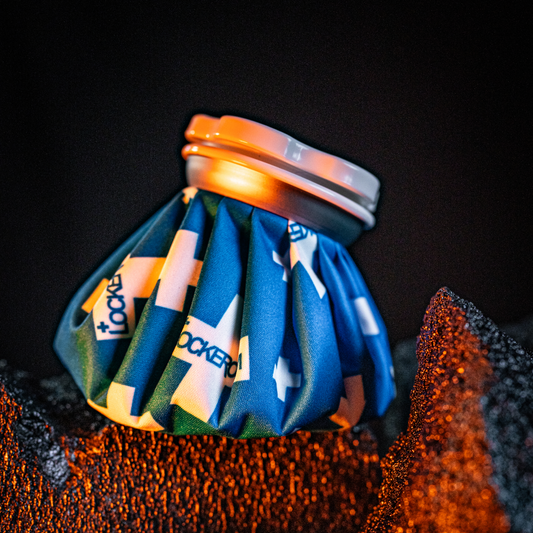

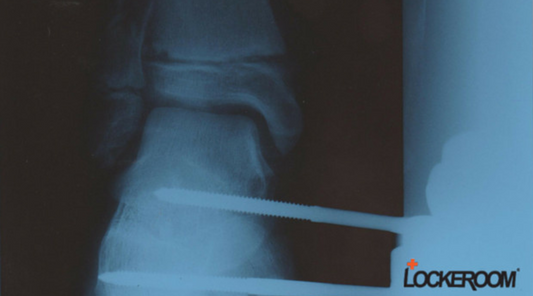

 Designed in Australia
Designed in Australia